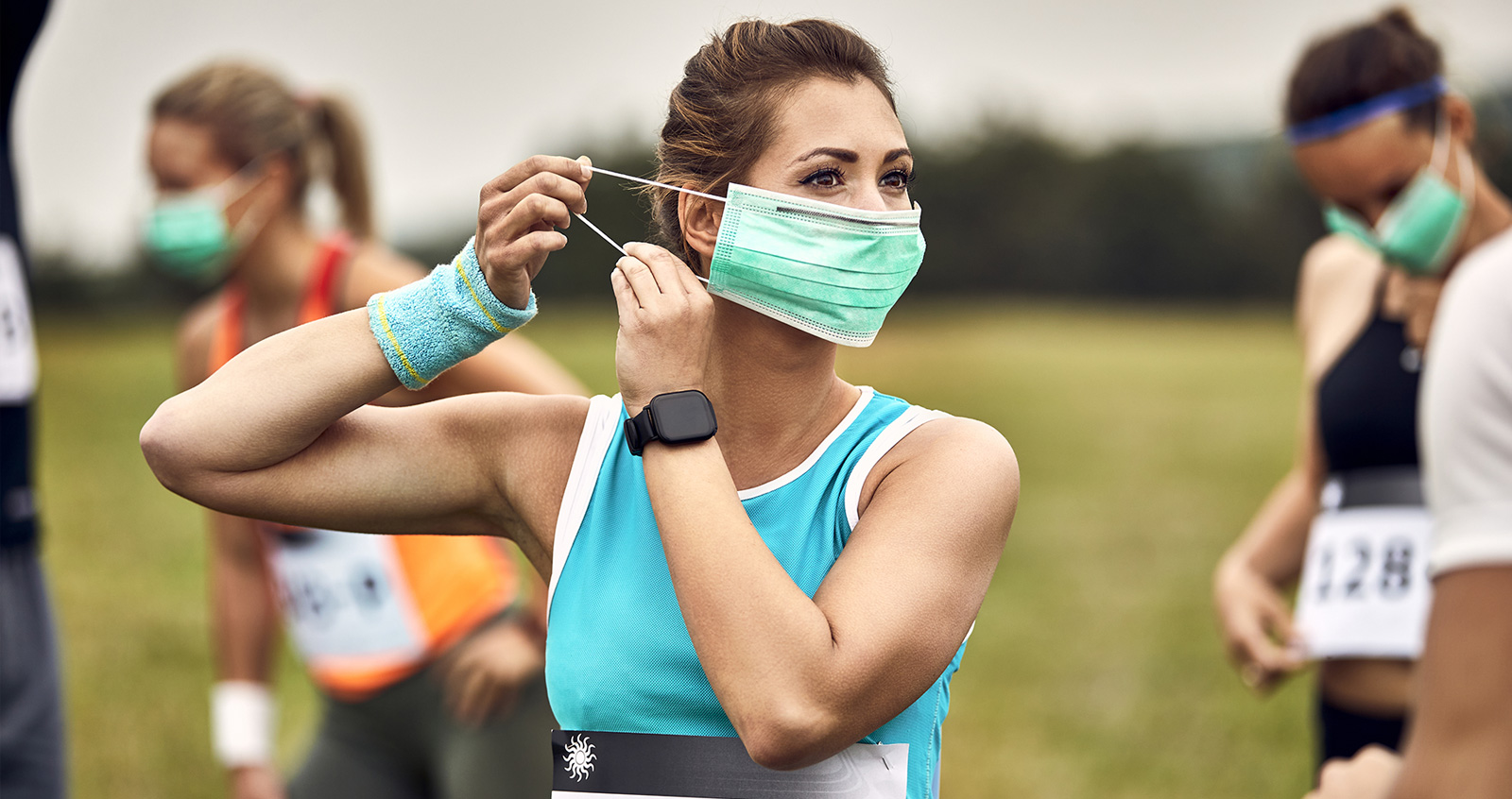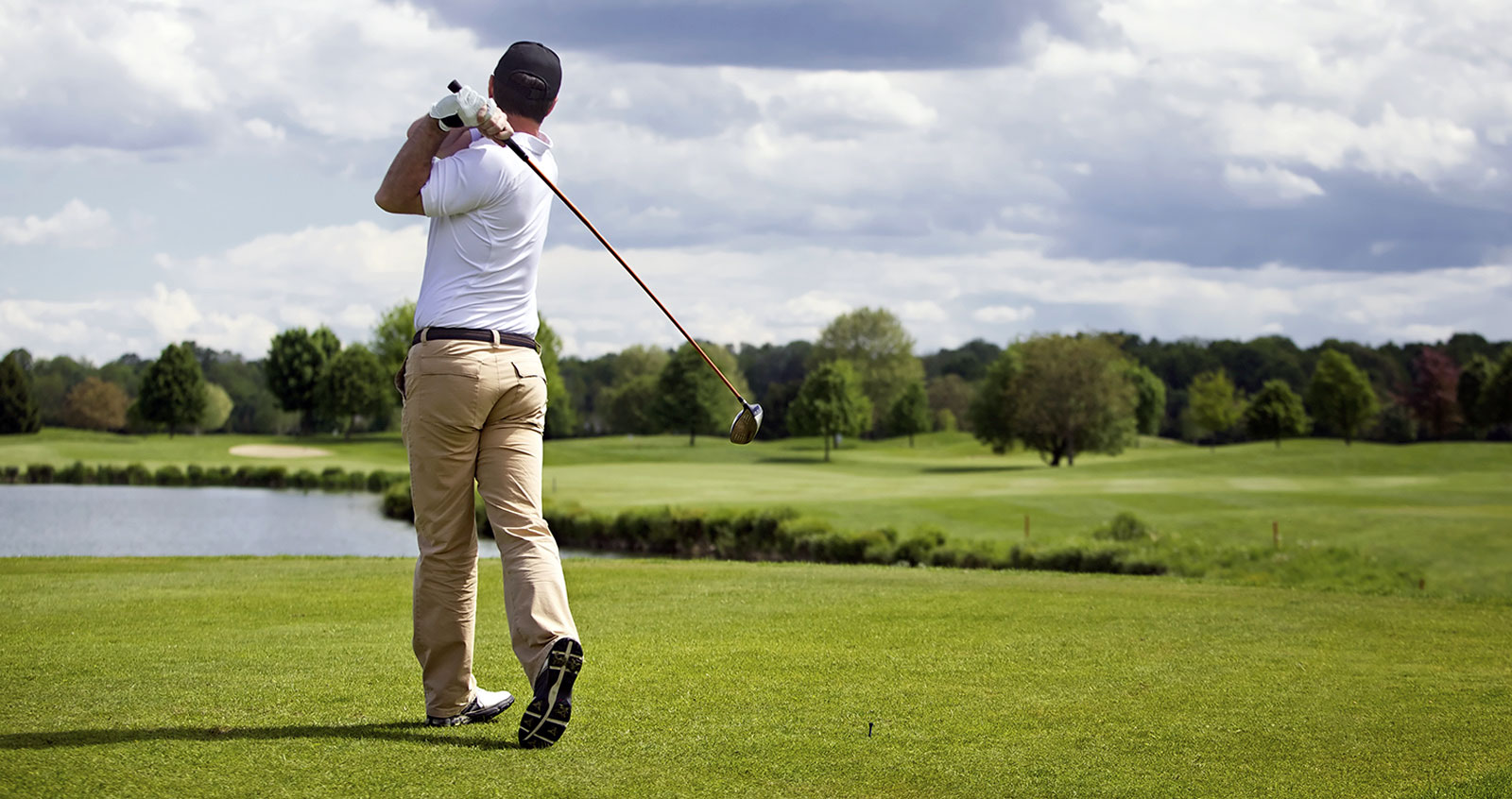By Dr. Michael E. Pomykala, PT, DPT, CSCS
Spring’s invitation to “Play Ball!” may be music to the athlete’s ears, but the pain of common shoulder injuries can take the spring out of any sports activity. If you are an athlete involved in throwing or other repetitive overhand motions in sports such as baseball, volleyball, tennis, golf and certain track and field events, you are susceptible to injury due to the repetitive motion and high stress placed on your shoulder. The good news? At Scerbo Physical Therapy & Sports Rehabilitation, I head an experienced team with the knowledge needed to care for your throwing-related shoulder injury – to get you back to your level of play and help you prevent further injury.
Joint Rehabilitation
In your shoulder joint, a system of ligaments keeps the head of the upper arm bone centered in the glenoid socket. This connective tissue covers the shoulder joint and attaches the upper end of the arm bone to the shoulder blade. Surrounding the outside edge of the glenoid is a rim of strong, fibrous tissue called the labrum. The labrum helps to deepen the socket and stabilize the shoulder joint.
When a structure, such as the ligament system, becomes weakened due to repetitive stress, other structures must handle the overload. As a result, a wide range of shoulder injuries can occur in the throwing athlete. Some of the most common of these injuries include SLAP Tears, Bicep Tendinitis, Bicep Tendon Tears, Internal Impingement, Instability, and Rotator Cuff Tendinitis and Tears. At Scerbo, we have treated many professional and collegiate sport athletes with a variety of traumatic shoulder injuries.
Sharp or sudden pain, possibly accompanied by a popping sound, gradually worsening pain, numbness and decreased throwing velocity, shoulder weakness or tenderness and difficulty lifting objects are all common symptoms of shoulder injury. In many cases, the initial treatment for a throwing injury in the shoulder is nonsurgical.
Treatment
Physical Therapy is often recommended as part of a first line of treatment. At Scerbo, we focus on muscle and ligament tightness in the back of the shoulder and use therapy and targeted exercises to strengthen the structures in the front of the shoulder. We design each individual therapy to help relieve stress and promote healing on any injured structures, such as the labrum or rotator cuff tendon. We can also evaluate throwing mechanics and train you to avoid body positioning that puts excessive stress on injured shoulder structures, without diminishing performance. Other nonsurgical treatment options include Ice, Anti-inflammatory medication, and cortisone injections.
Whether you’re a professional athlete or an amateur athlete, your body undergoes tremendous physical challenges, making you more susceptible to injury. From injury prevention guidance to accurate diagnosis and treatment of injuries, our sports medicine team at Scerbo Physical Therapy & Sports Rehabilitation is dedicated to helping you reach optimal performance in your sport.
Dr. Pomykala has a Titleist Performance Institute Certification helping injured golfers make their way back onto the course. In addition, Dr. Pomykala has a TPI Medical Level 2 Certification as a medical provider within the Titleist Performance Institute network. He is Level 1 Certified in SFMA, the Select Functional Movement Assessment we use to clinically assess those who experience pain. Dr. Pomykala’s primary physical therapy and rehabilitation interests include sports injuries, orthopedics, and preventative injury/conditioning programs, especially in high school and collegiate athletes.
We are here to help. Call us at 201-941-2240 or visit our office in Edgewater, NJ and make an appointment today.
Follow us on Facebook and Twitter to learn more about important health news and prevention tips.


